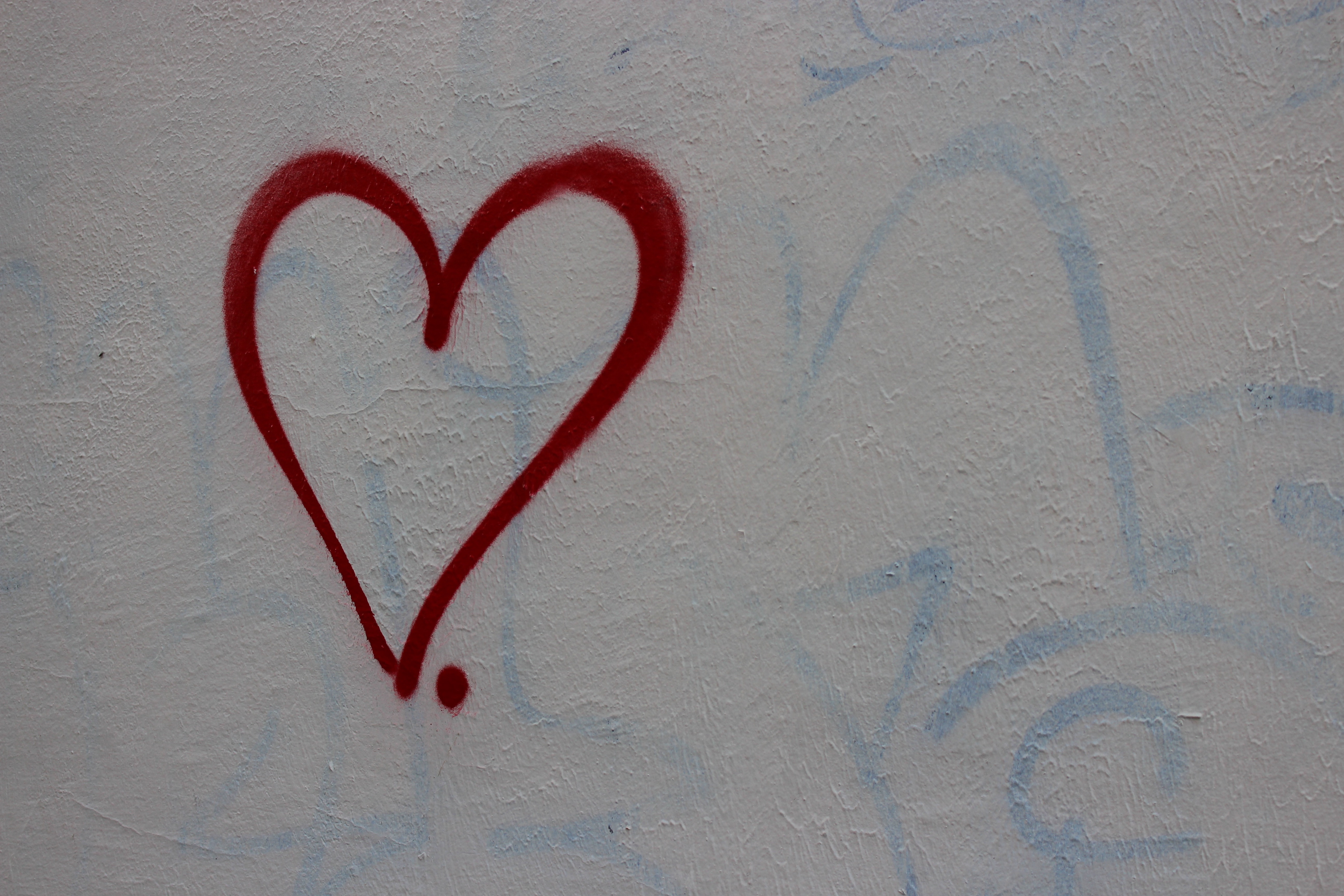The Identity of a Pigeon
November 25, 2015
by apaparis
Despite all that has happened, Paris has almost gotten back to normal. People still go out to cafés, bars, concerts and continue to live with joy and vivacity as always. C’est toujours le bonheur à Paris. The city has a special way of rebirthing itself and igniting tiny sparks of magic.
Of course, things have changed. The memorials created by the people of Paris remain and more have been popping up. A large demonstration of candles and flowers surrounds the memorial at Place de la République, and most importantly or at least interestingly, a few protests occurred this past Sunday.
Unfortunately I wasn’t there to witness them as my contemporary French culture class took a study trip to Lille to discuss several different ways of French life with the French themselves. We talked with college students in an equal opportunity program at Science Po Lille, high school students in a similar situation, educators of an adolescent delinquent prevention center, and residents of a communal living space for foreigners. Recently the class has been focusing on the “French identity” and what it means to be a part of France, to be French, and how that affects their government policy and social mindset. The discussions with each group were meant to add to our understanding of the French identity and prepare us for a paper on the same topic. However I thought the study tour was rather timely given recent events.
What has been made most clear to me is the French identity is built on the idea of equality and solidarity. It affects their policy and their way of living, as the French have laws for gay marriage, equal rights for maternity and paternity leave, the equal opportunity programs for students mentioned above, universal health care, efforts to include more women in politics, the list goes on. What has also been made clear are the unusual hypocrisies between this ideal and the reality. For example it is unconstitutional to have a census in France, making it impossible to form policy around race. There is a huge discrimination against immigrants and Islamophobia is now more than ever a problem.
In America, one can be considered both “Mexican” and “American”, or both “Chinese” and “American”. The US is a country built of immigrants and therefore any immigrant who enters it and get citizen is also an American, no matter what. Conversely the French are very picky about who they truly consider “French” and who they consider an outsider who happens to live in France. The mentality creates an environment where they firstly ignore differences in ethnicity following the idea that constitutionally everyone is equal, then they exclude others from their “solidarité” simply because those others haven’t always been there. Large influxes in immigration are also something very new to France, whereas the US has always known them.
I certainly don’t mean that the US has everything right and France is wrong, because in theory their idea of equality is a beautiful one. Of course a world in which everyone is equal, no matter their background or gender, is a lovely idea. It’s a romantic one and it falls in line with everything I have observed and learned about these beautiful people since being here–the problem is they don’t see the multiple flaws. But younger generations are starting to.
The protest this past Sunday was a demonstration in support of the Syrian refugees. This has become an issue around the world, with many countries denying them access while the US decides state by state. But this large group of protestors shouted from the streets of Paris “So-so-solidarité avec les réfugiés.”
People my age in France know that solidarity has a greater importance than just making sure the French stay French. They know that even in the face of terror, you can’t turn against those who are fighting the same thing you are. They know all that does is break the unity, la solidarité, and gives validation to the oppressor’s actions. We need to fight against that together. We need to remember that we are resisting hatred, not a generalized group of people. We are fighting against the oppression of others, not using oppressors’ misplaced hate to validate our own.
Yes, we.






